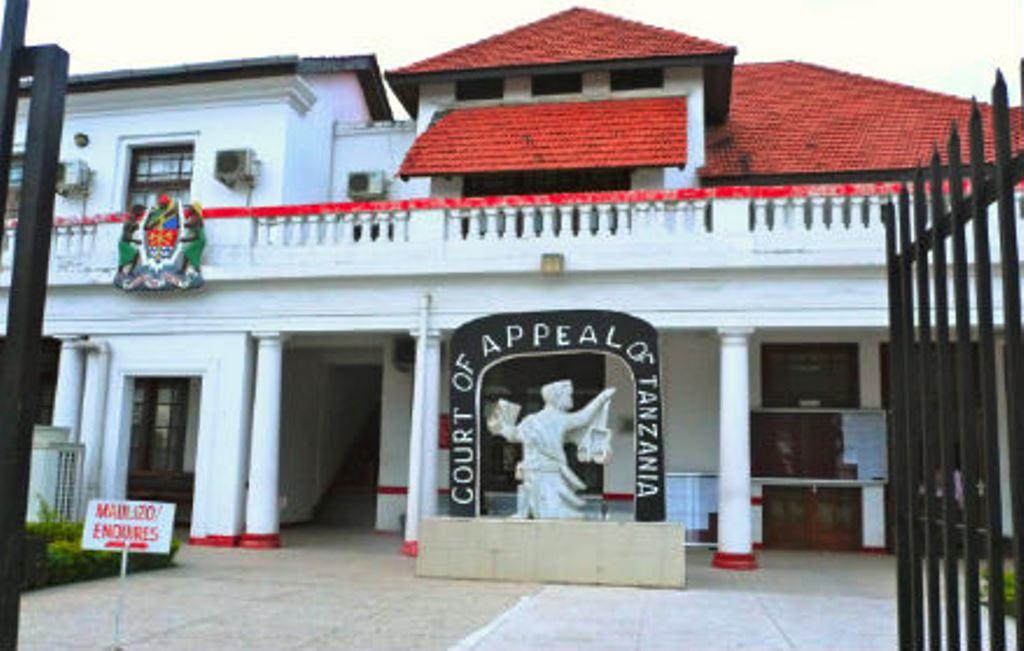AfricaPress-Tanzania: Member of Parliaments (MPs) in Dodoma have harmoniously passed a bill for the amendment of the Written Laws (Miscellaneous Amendments) Act, 2021, which among others, declares Kiswahili as the language of the laws of the country.
The bill that was tabled in the Parliament by Attorney General (AG) Dr Adelardus Kilangi, in the Parliament early February, seeks to declare Kiswahili as the language of the laws of the country and the language to be used in the administration and dispensation of justice.
A majority of the MPs voted for the Bill today (Saturday, February 13, 2021) and as she was winding up the exercise, Deputy Speaker Dr Tulia Ackson added; “Now we wait for the President to sign it into law.”
Officiating the Law Day celebration in Dodoma recently, President John Magufuli promoted High Court Judge Zephrine Galeba to be Justice of the Court of Appeal of Tanzania after becoming the first judge to deliver a judgment in Kiswahili language.
It was a fitting reward for Justice Galeba following his bold decision to use Kiswahili, instead of English language while delivering a judgment on a labour dispute in Musoma recently.
A delighted President Magufuli announced his decision to promote Justice Galeba while officiating the Law Day celebration, in Dodoma.
He described Justice Galeba, who was working at High Court, Musoma District Registry, as a hero within the Judiciary for departing from the existing rules after writing the judgment in the national language.
“Many congratulations to this Judge. He is a Kiswahili hero within the Judiciary. Since he has decided to honour Kiswahili, I am today promoting him to Justice of the Court of Appeal for his patriotism,” he declared.
The president added; “Using Kiswahili in the legal system was not a sin. This one has come out in public. I know a lot was said about his decision. Thank you Chief Justice, you did not punish him. He has become the first nationalist to write a judgment in Kiswahili language.”
President Magufuli pointed out that the time has come to put in place strategies that would enable Kiswahili language to be used in court and legal matters in general at all levels.
He went on explaining that the failure to use Kiswahili language in legal issues not only deprives citizens of their rights but also increases the cost for them to look for interpreters.
The president said that Kiswahili was being used everywhere, with international blocs, the African Union (AU), Southern African Development Community (SADC) and East African Community (EAC) adopting it as official language.
The decision by Justice Galeba to use Kiswahili in writing the judgment has been described as a positive response to the call by the government for Judiciary of Tanzania to switch the country’s legal system and legal materials from English to Kiswahili.
Judge Galeba broke the traditional court rules after delivering in Kiswahili language when determining a labour dispute involving North Mara Gold Mine Limited and a former employee, Mr Gerald Nzumbi.
In his decision, the judge dismissed the application for revision presented in court by North Mara Company, to oppose an award given in favour of Mr Nzumbi by the Commission for Mediation and Arbitration (CMA).
North Mara Gold Mine Limited had moved the court to revise the decision of the CMA to award the ex-employee 74,510,509/99 after ruling that the termination of his employment services was unfair.
Judge Galeba explained in detail as to why he decided to draft the court decision in Kiswahili, saying doing so was not strange.
According to him, the former Labour Court, called the Industrial Court, was issuing its judgments in Kiswahili and all 960 Primary Courts since their inception provide decisions in Kiswahili.
All ward tribunals, which are more than 3,900 in Mainland Tanzania, issue their awards respected and with legally binding decisions in Kiswahili language.
Similarly, he said, the submissions of lawyers or parties before all courts in the country from the primary courts to the Court of Appeal are largely presented in Kiswahili.
The judge pointed out that recording court proceedings and drafting of judgments in all other courts, except Primary Courts, were being written in English in accordance with the law.







